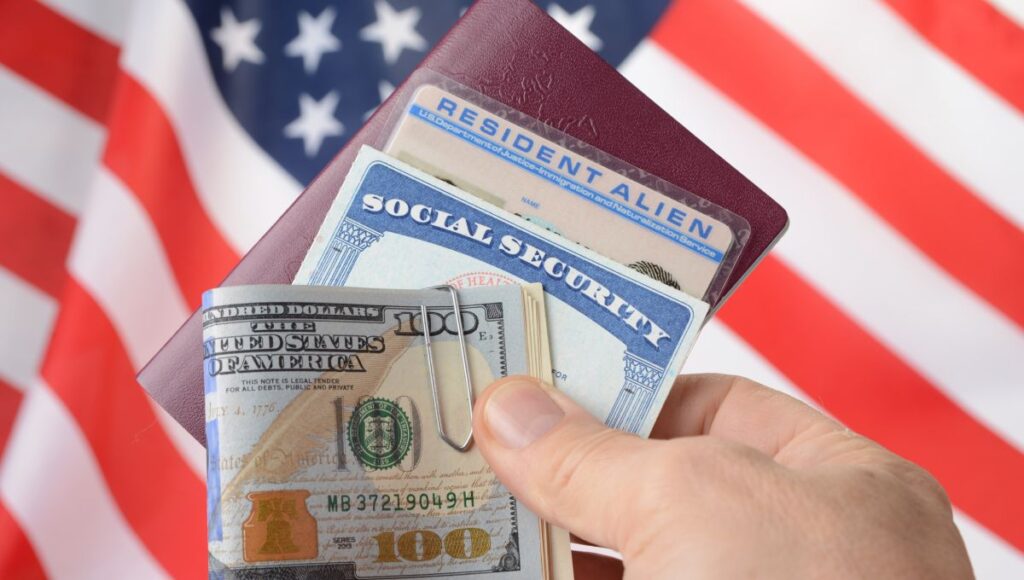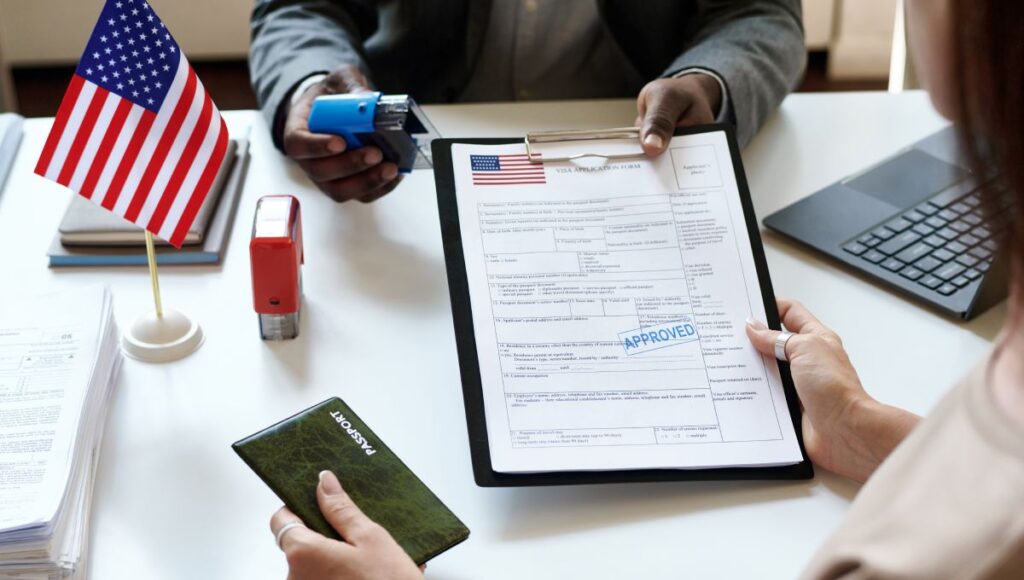U.S. Department of State to Curtail Non-immigrant Visa Interview Waivers Effective September 2, 2025
The U.S. Department of State has announced a significant revision to its non-immigrant visa processing protocols, substantially narrowing eligibility for interview waivers. Effective September 2, 2025, most non-immigrant visa applicants will be required to attend in-person consular interviews, effectively reversing the pandemic-era discretionary authority that had permitted broader use of interview waivers. This policy change […]










